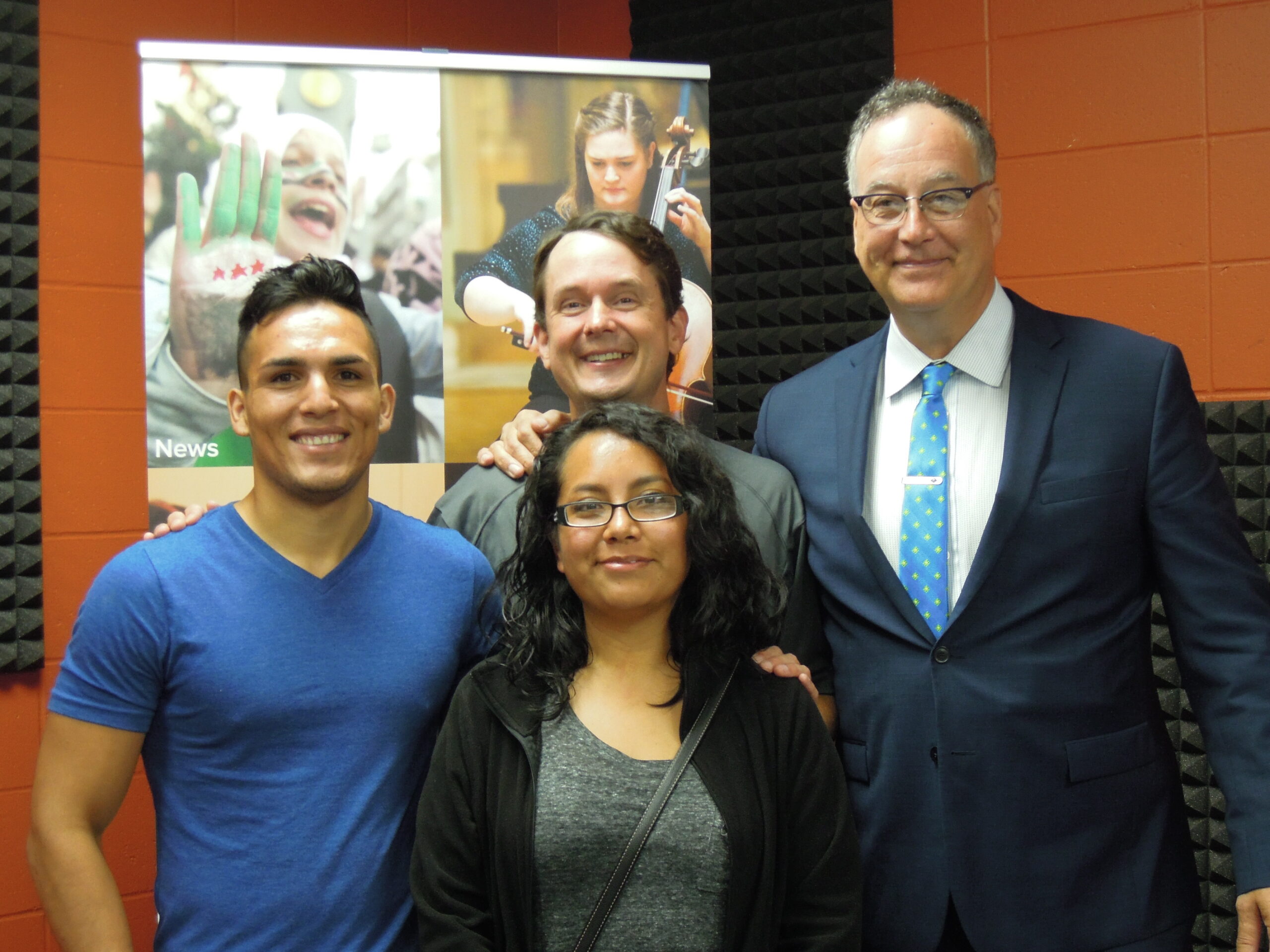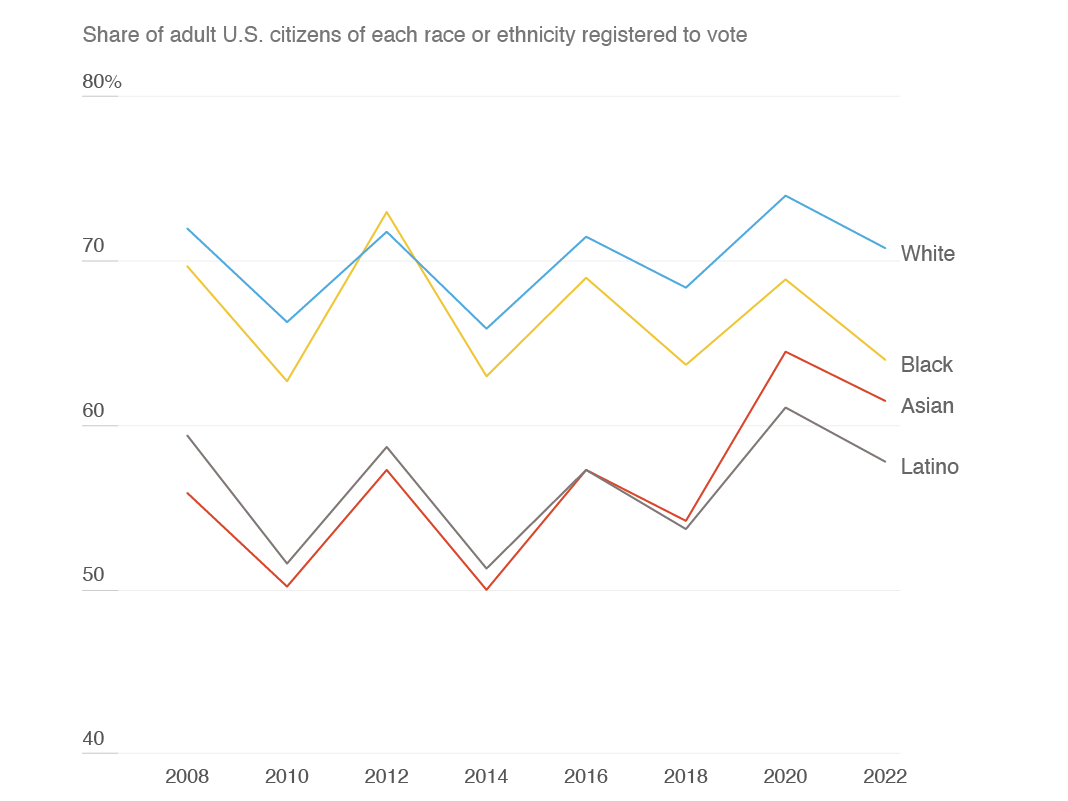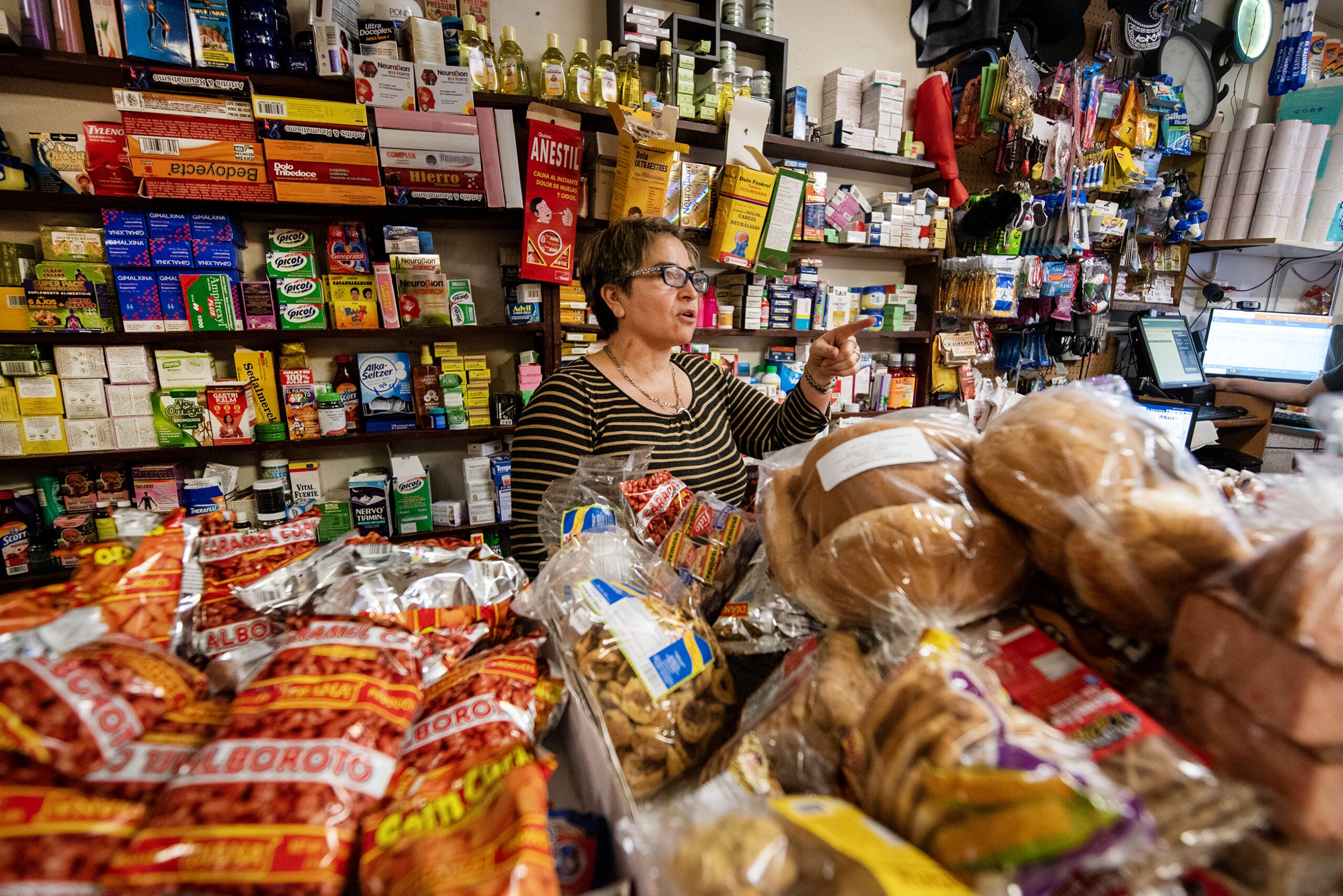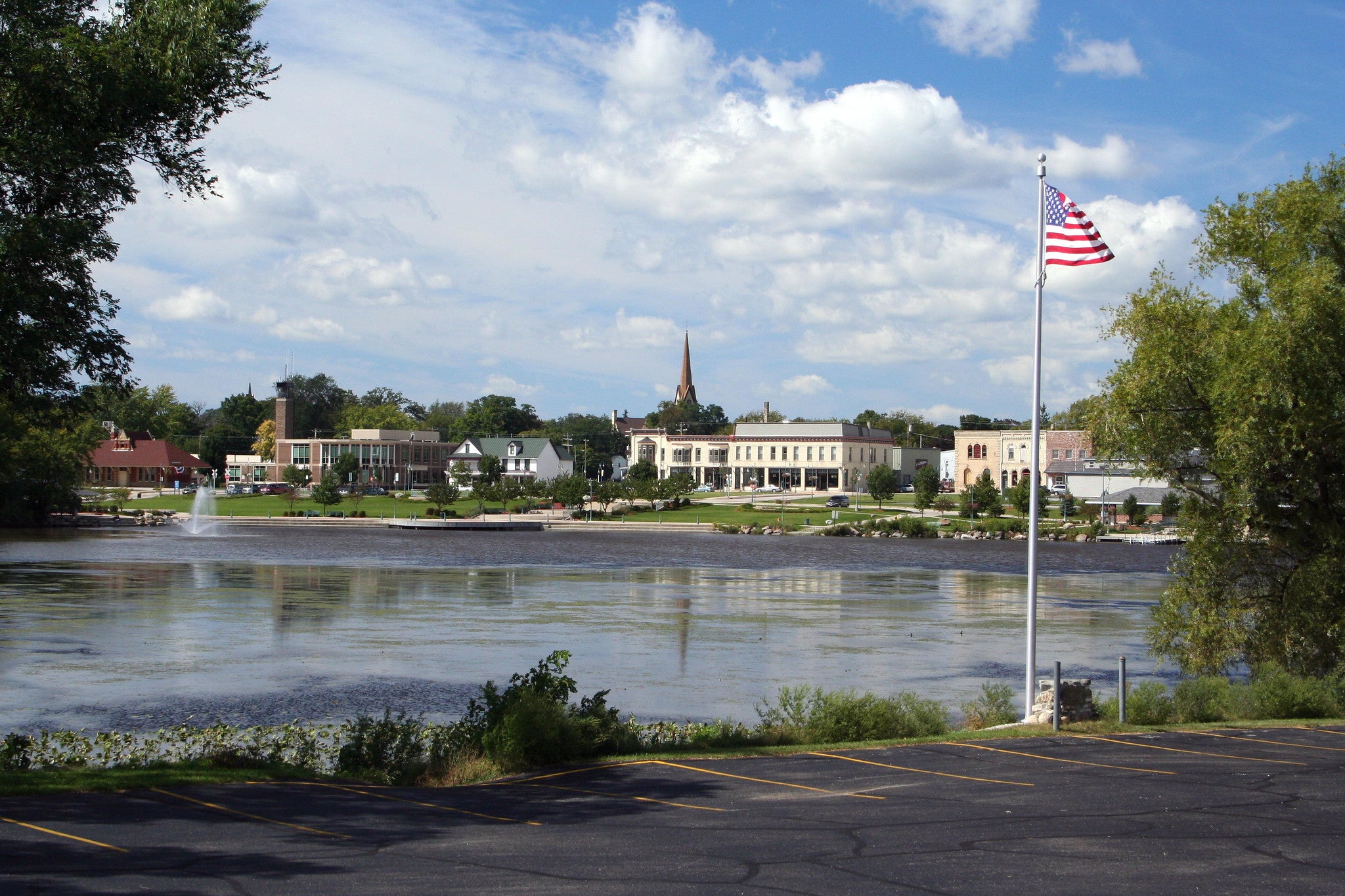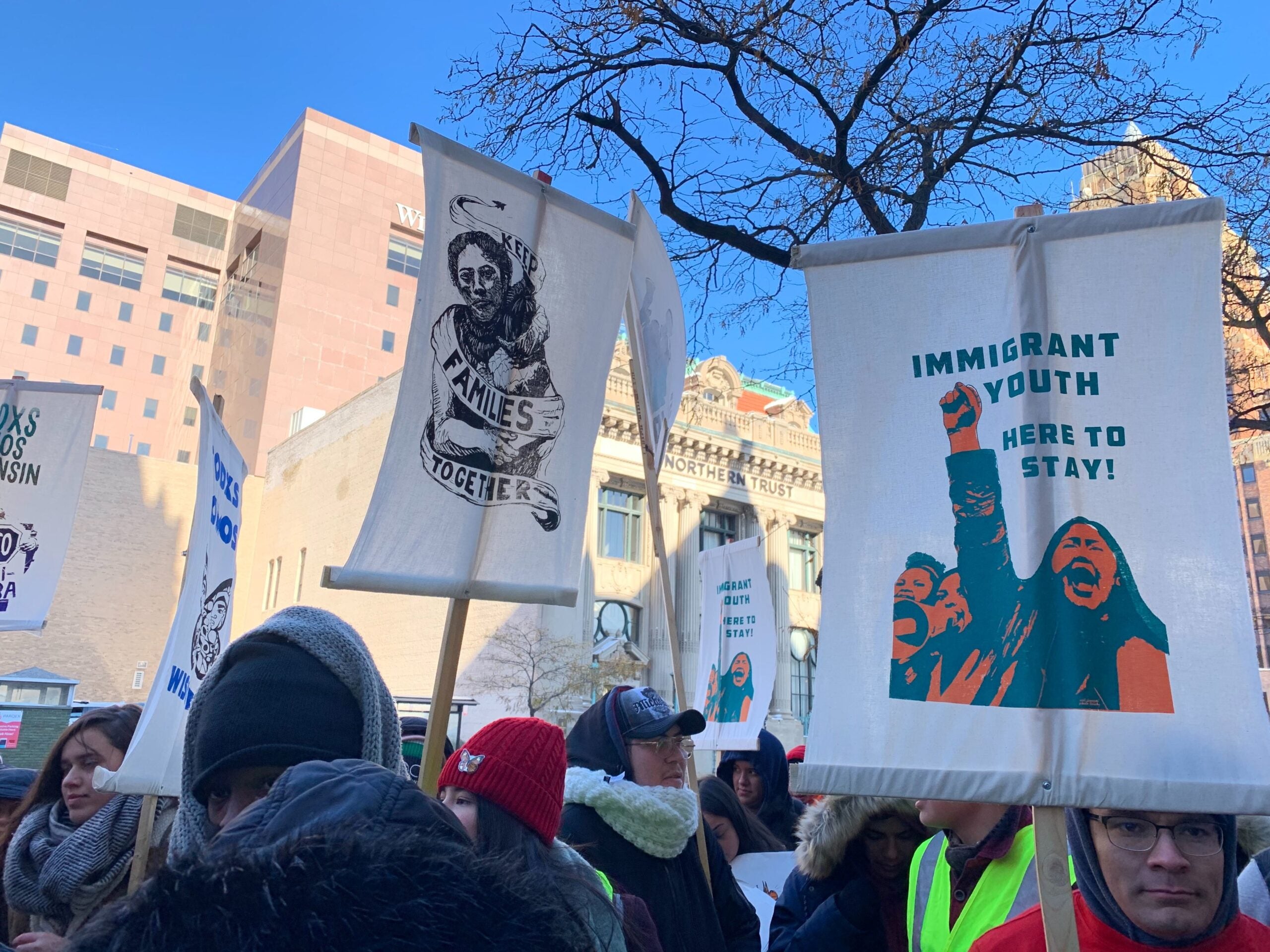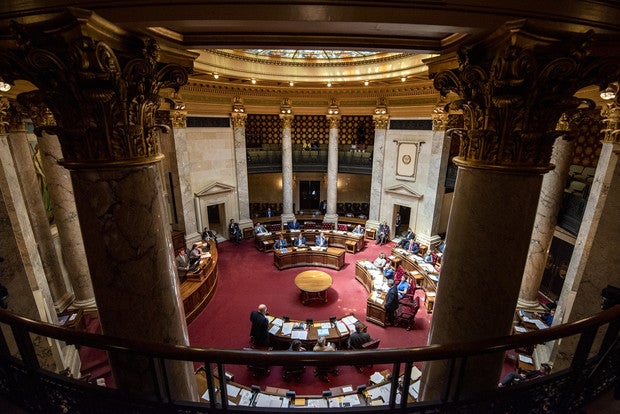Jhoscelin Calixto crossed the United States-Mexico border with her parents and four siblings when she was 11 years old.
For Calixto, living in the country illegally meant a life in the shadows, afraid of what could happen if people found out about her immigration status.
But in 2012, former President Barack Obama implemented a program called Deferred Action for Childhood Arrivals, or DACA, allowing young immigrants brought to the U.S. illegally as children to remain in the country.
The implementation of the program, and being a DACA recipient, gave Calixto the freedom to be herself.
The fate of the people protected under DACA, often referred to as “Dreamers,” has once again become a hot topic since President Donald Trump announced the end of the program earlier this month.
“A lot of people don’t know what DACA is,” Calixto said. “They don’t know who we are, they don’t know what we do. They don’t know how we got our DACA, or how this is going to affect us.”
Today, Calixto works at a law firm in Sparta and lives in the Wisconsin Dells area with her two young children.
She wants to educate people about what DACA is, why she doesn’t want it to end and that she’s not a bad person, but someone who gives back to her community.
“I try to be as involved as I can — with school, with my children, even if it’s doing blood donations. I see this as my community,” Calixto said. “I know that losing my DACA (protection), I would feel left out. I would feel like I’m not part of the community anymore.”
It’s hard to say how many of Wisconsin’s estimated 7,600 people who are protected under the program live and work in the La Crosse area. But for two of the so-called “Dreamers” that do, having that status has changed their lives for the better.
Gerardo Hernandez just turned 23. He came to the U.S. in 2005 with his mother and 3-year-old sister. He struggled to learn English and spent his summers working to help support his family while the other kids were on summer vacation. He said DACA changed his life.
“I was working on a farm. I used to work from midnight to 10 a.m. seven days a week. When DACA came into place I seen it as like I can finally get a (driver’s) license; and when I got my license, I was super happy to not look back and see a police officer and start shaking,” Hernandez said. “Now, thanks to DACA, I’m able to go to school. I work as a sexual assault and legal advocate in Sparta, and try to help out other people as much as I can. It’s changed my life completely.”
DACA applies to anyone born on or after June 16, 1981 and was brought to the U.S. illegally before the age of 16.
The program has provided nearly 800,000 young immigrants a reprieve from deportation and given the immigrants the chance to work legally in the U.S. through two-year, renewable work permits. It also lets them apply for scholarships.
Once an immigrant eligible for DACA obtained employment authorization, they were then eligible for two things most Americans need to succeed in life, a Social Security card and a driver’s license.
John David is an immigration attorney for Catholic Charities in La Crosse. He said DACA recipients are some of the hardest working people, even though they are ineligible for many of the benefits American-born citizens receive.
“People who have DACA are not eligible for anything other than to be here legally and to work,” David said. “They pay into Social Security. They pay their taxes, and they’re not eligible for Social Security, disability or retirement. And yet they’re paying for this Social Security that everyone enjoys.”
Trump has given Congress six months to create a bill that would replace DACA before the government stops renewing permits for people already covered by the program. Without a new law, there is uncertainty about what will become of the immigrants.
David said most immigration attorneys will counsel DACA recipients to remain in the country, even if a new law is not approved by Congress. He said if they don’t stay in the country, they likely won’t be allowed back in the country.
Editor’s Note: The story and audio were part of a program that originally aired on September 21, 2017.
– John Davis
Episode Credits
- Hope Kirwan Host
- John Davis Producer
- Jhoscelin Calixto Guest
- Gerardo Hernandez Guest
- Steve Laxton Guest
- John David Guest
Wisconsin Public Radio, © Copyright 2024, Board of Regents of the University of Wisconsin System and Wisconsin Educational Communications Board.

